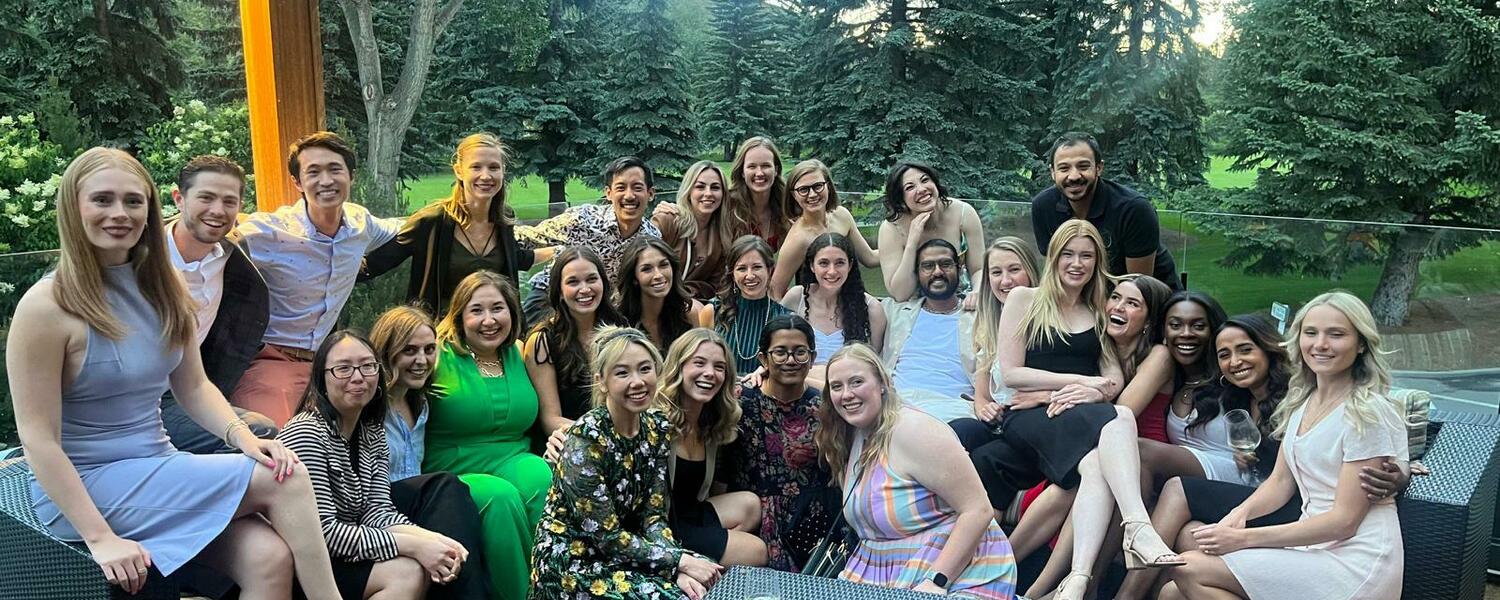
General Pediatrics
Our vision is to train "Excellent Pediatricians for any setting." We aim to do this by fostering outstanding learning experiences, supportive teacher-learner relationships, innovation and diversity.
Applying through CaRMS 2025? Check this out!
Dr. Amelie Stritzke - Program Director
Amelie.Stritzke@albertahealthservices.ca
Dr. Leanne Morris – Assistant Program Director, Clinical Curriculum
Leanne.Morris@albertahealthservices.ca
Dr. Andrea Robb – Assistant Program Director, Academic Curriculum
Andrea.Robb@albertahealthservices.ca
Dr. Pamela Veale – Assistant Program Director, Academic Support
Pamela.Veale@albertahealthservices.ca
Lead Residents
ACH.LeadResidents@albertahealthservices.ca
Pediatric Residency Program Administrator
Pediatric.ResidencyProgram@albertahealthservices.ca
403-955-7123
Our general pediatrics program is of four-years duration. We are a medium to large sized program that offers exposure and training in almost all of the pediatric subspecialties.
The first year is designed to provide a broad exposure to general pediatrics and includes a research course block to develop those fundamental skills early. The second and third-years provide exposure to career options by allowing residents to explore general pediatrics or subspecialties in greater depth and consolidate knowledge acquired during the core rotations in addition to supplementary electives. The final (4th) year has greater flexibility and opportunity to individualize training according to a resident's needs or interests.
There is a rotating academic half-day curriculum which ensures coverage of all core pediatric objectives as set out by the RCPSC, as well as providing training in other CanMEDS roles, including Health Advocacy, Communication and Collaboration. For residents beginning in July 2023, the Competence By Design (CBD) curriculum is well-established since 2021. The 4 stages of CBD are mapped over 4 years, after which residents can choose to practice in general pediatrics or apply to a subspecialty. We are ready to graduate excellent pediatricians in any settings.
1. Simulation Based Education
We currently have a very robust simulation program with dedicated simulation facilities and a world-renowned KidSIM program that offers simulation based learning and courses for all levels of learners. Simulation is integrated into resident education in the form of mock codes during ward rotations, PICU-focused scenarios during the PICU rotations, ER focused scenarios during the emergency rotation, specific sessions held annually for each resident training year to learn crisis resource management skills and cohort specific sessions built into academic half day as well.
2. Out-of-town Regional/Small urban experiences
Many outlying centres in Alberta welcome residents and all residents must participate in at least one regional training site rotation during the R3 year. These include Regional Hospitals in the Province, both urban and rural. Electives in other regional or rural jurisdictions are encouraged as long as they meet the learning objectives for Royal College certification.
3. Resident Retreats & Resident Well-Being
Two retreats are held annually, one in the city in the Fall and the other outside of the city in the Spring. The fall retreat is usually focused on advocacy and community service while the Spring retreat is focused on team building and resident wellness. These retreats provide a break from the rigors of residency while providing education. The retreats are considered mandatory events and residents are protected from their usual clinical and administrative duties during this time. We also have an active Resident Wellness Committee that puts together additional events throughout the year.
4. Formative Exams: OSCEs, Hx and PE, ABP and CPPD exams
There are several formative exams during each of the residency years to support clinical learning and preparation for the Royal College Certifying examinations. OSCEs are held twice a year, two observed Hx and PE per year, American Board of Pediatrics (ABP) exam in the fall and the Canadian Pediatric Program Directors (CPPD) exams in the fall the spring each year.
5. Longitudinal Clinic
Starting in the PGY2 year all residents are paired with a community pediatrician for a continuity clinic. The resident will attend a monthly half day clinic where he/she will see new consultations and provide ongoing follow up for these patients. The resident will continue with this clinic through to at least the end of the PGY3 year for all residents, and extend this to the PGY4 year for those residents planning a career in community clinics. This clinic allows residents to develop longer term relationships with both patients and their preceptor, giving a better idea of the nature of a community based practice.
6. Research Block
In the PGY-1 year there is a dedicated research block designed to provide the foundation for scholarly projects in terms of research methodology. Each resident will also be assigned to a Scholarly Oversight Committee faculty member, who will support residents in designing feasible projects of interest to the trainees, identifying preceptors/supervisors, monitoring progress and assisting residents in achieving the goal of a completed scholarly project during their training.
7. Fourth Year Streams
In the PGY-4 year residents can pick from one of 3 streams: hospital based, community or small urban/regional. These streams are designed to give fourth year residents a tailored experience that best fits with their individual learning needs and ultimate career goals.
8. Social Pediatrics
All residents complete a social pediatrics rotation, during which residents are attending child abuse consultations and reviews, home assessments and follow-ups, school assessments, refugee clinic and outreach to first nations communities, among other opportunities. Residents must complete a written reflection at the conclusion of this block.
9. Global Child Health- MUST Pediatric Education Partnership
We offer an elective experience for residents interested in education and global child health to the Mbarara University of Science and Technology (MUST) in Mbarara, Uganda. Residents are paired with a local U of C faculty member who will be on-site during their elective experience. Residents will work with their faculty preceptor to prepare and deliver subspecialty teaching modules to Ugandan students and residents. A simulation-based pre-departure course is mandatory for all residents participating in global child health experiences.
10. Mentorship Groups
All residents participate in a mentorship group that is led by a faculty member and includes residents from various years in the program. These groups meet as best suits the needs and desires of each particular group. Mentorship groups allow for near-peer and faculty led mentoring in an informal, small group and collegial atmosphere.
11. Procedural Skills Course
There is a Procedural Skills Curriculum that is scheduled as a regular component of our Academic Half-day. Residents are provided with learning resources (handouts, videos, etc) ahead of time describing the techniques of the procedures to be practiced, and during the session preceptors facilitate procedural skills training using task trainers. NRP skills practice sessions are also included as part of this course. Our goal is for residents to develop greater confidence and sense of self-efficacy with these skills, with the intent that this will then translate into more clinical procedural skills exposure as well.
12. Residents as Teachers
We have a program to develop our Residents as strong teachers. This program includes both a longitudinal Resident as Teacher curriculum as well as bedside coaching and feedback for residents to develop their teaching skills.
13. Wellness Lead
The Wellness Lead is an "at arms-length to the program" contact point for any residents experiencing challenges related to wellness. This Wellness Lead acts as bridge between our program and the various resources and services offered by our PGME as well as local medical associations.
Meet Our Team

Dr. Amelie Stritzke
Program Director, Pediatric Residency Program
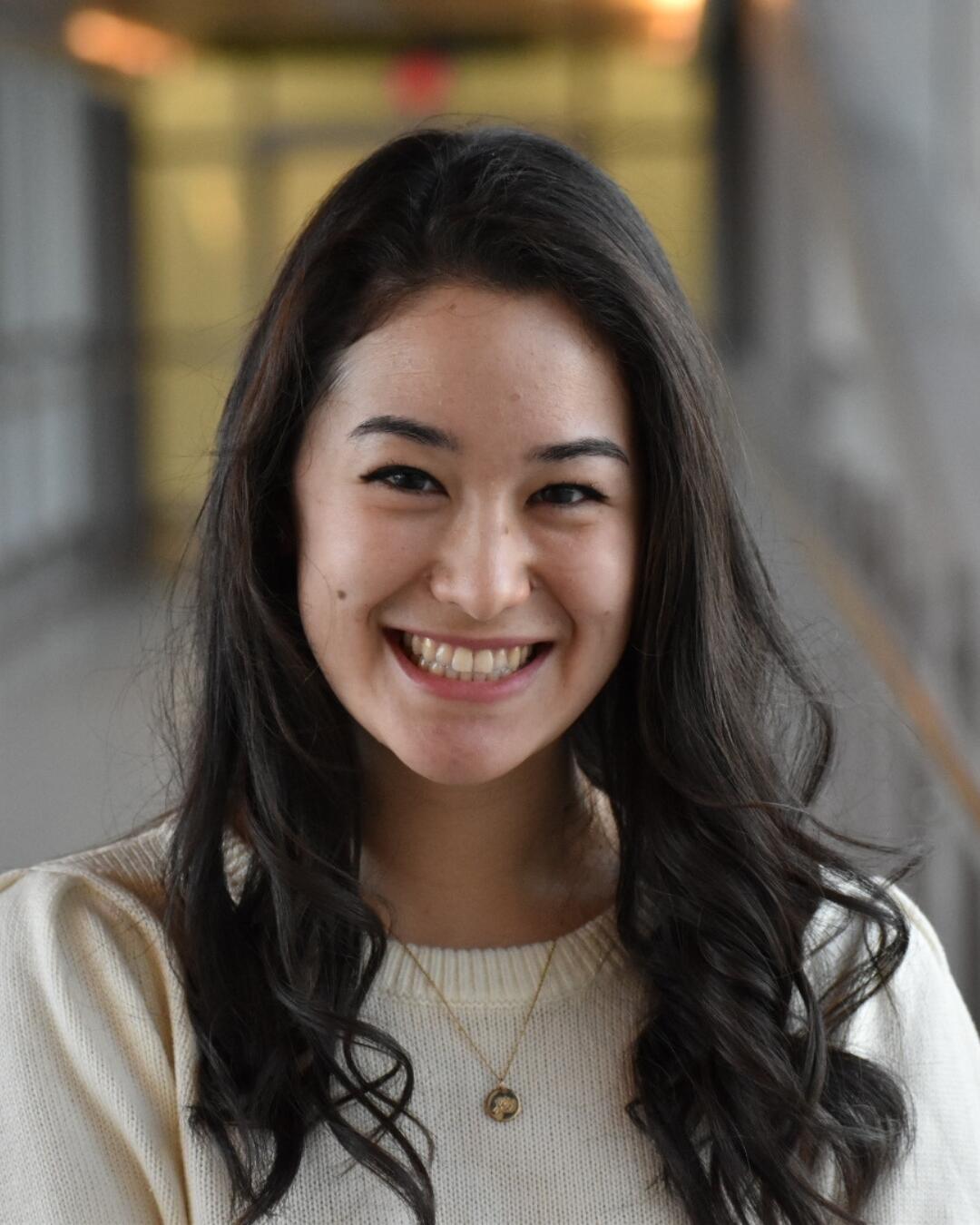
Dr. Kimberley Chong
Administrative Lead Resident
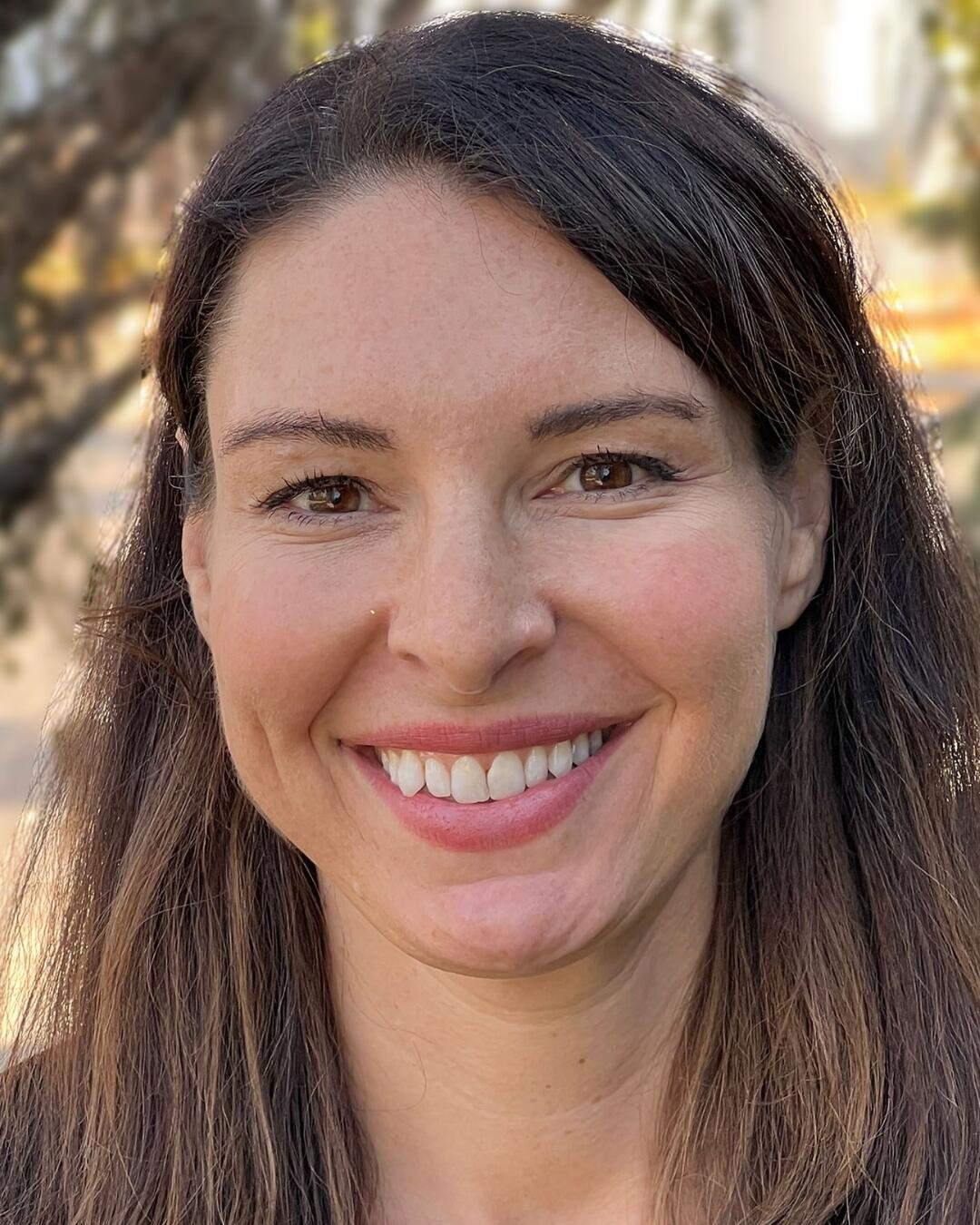
Dr. Leanne Morris
Assistant Program Director Clinical Curriculum
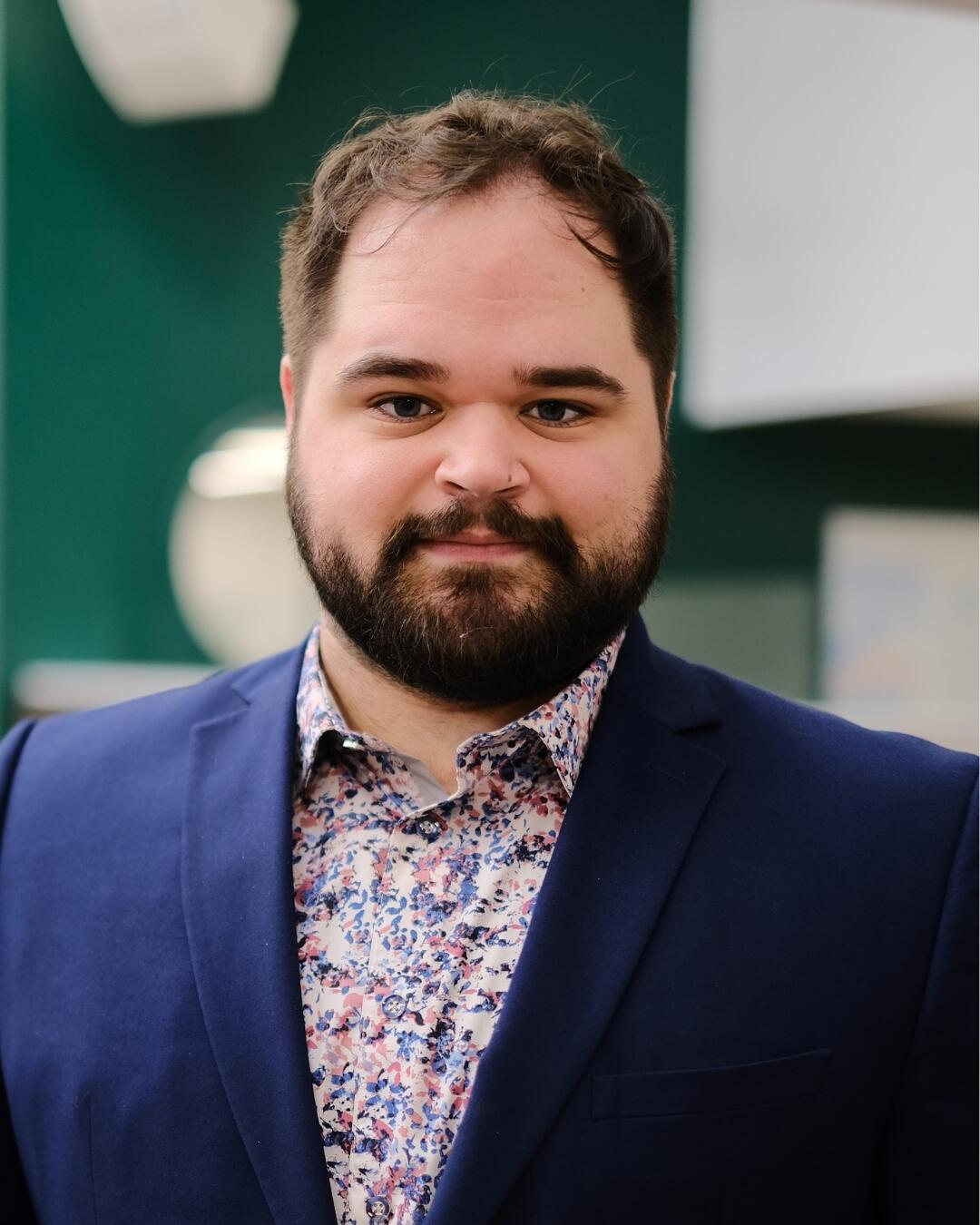
Dr. Corey Lefebvre
Administrative Lead Resident
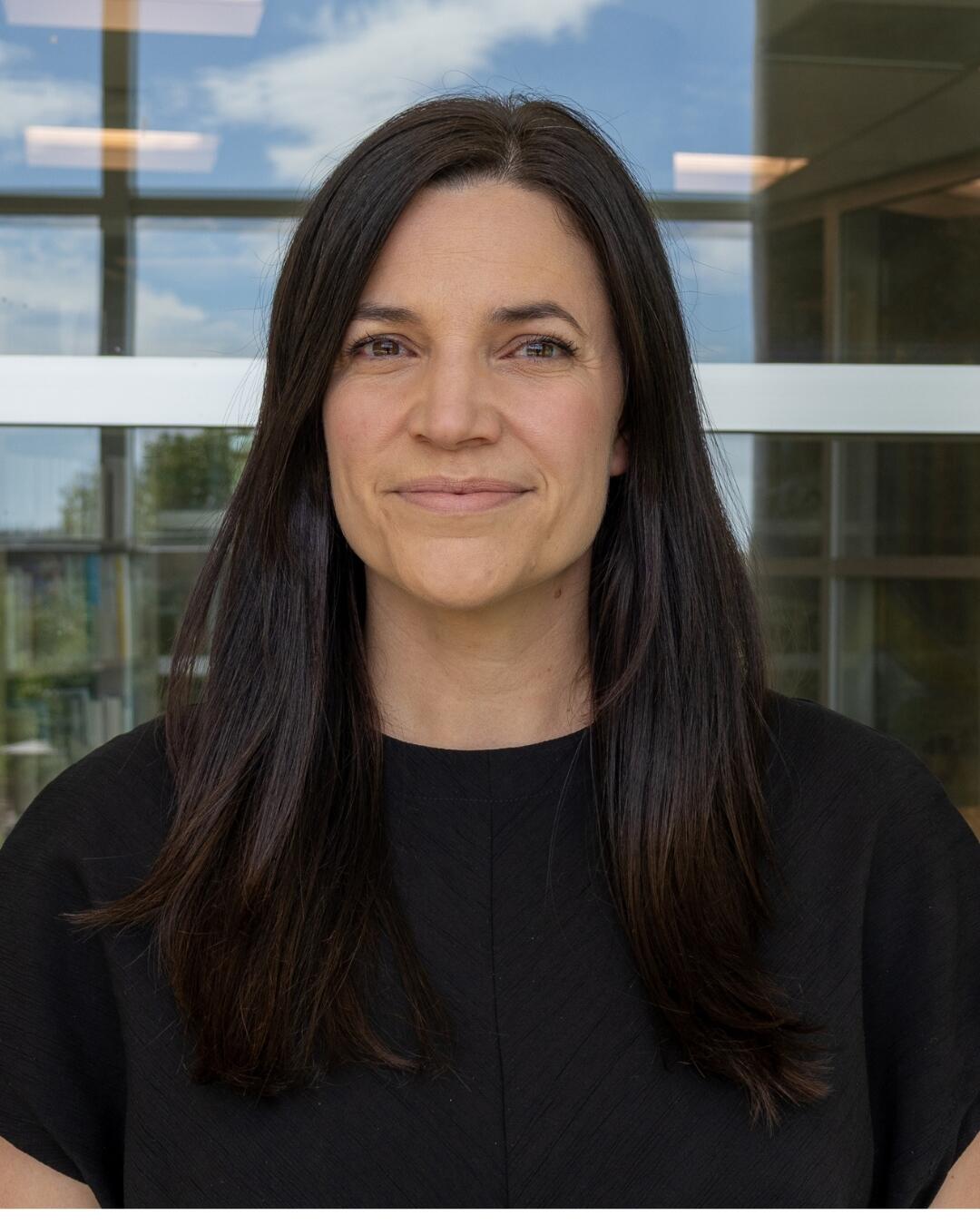
Dr. Andrea Robb
Assistant Program Director Academic Curriculum
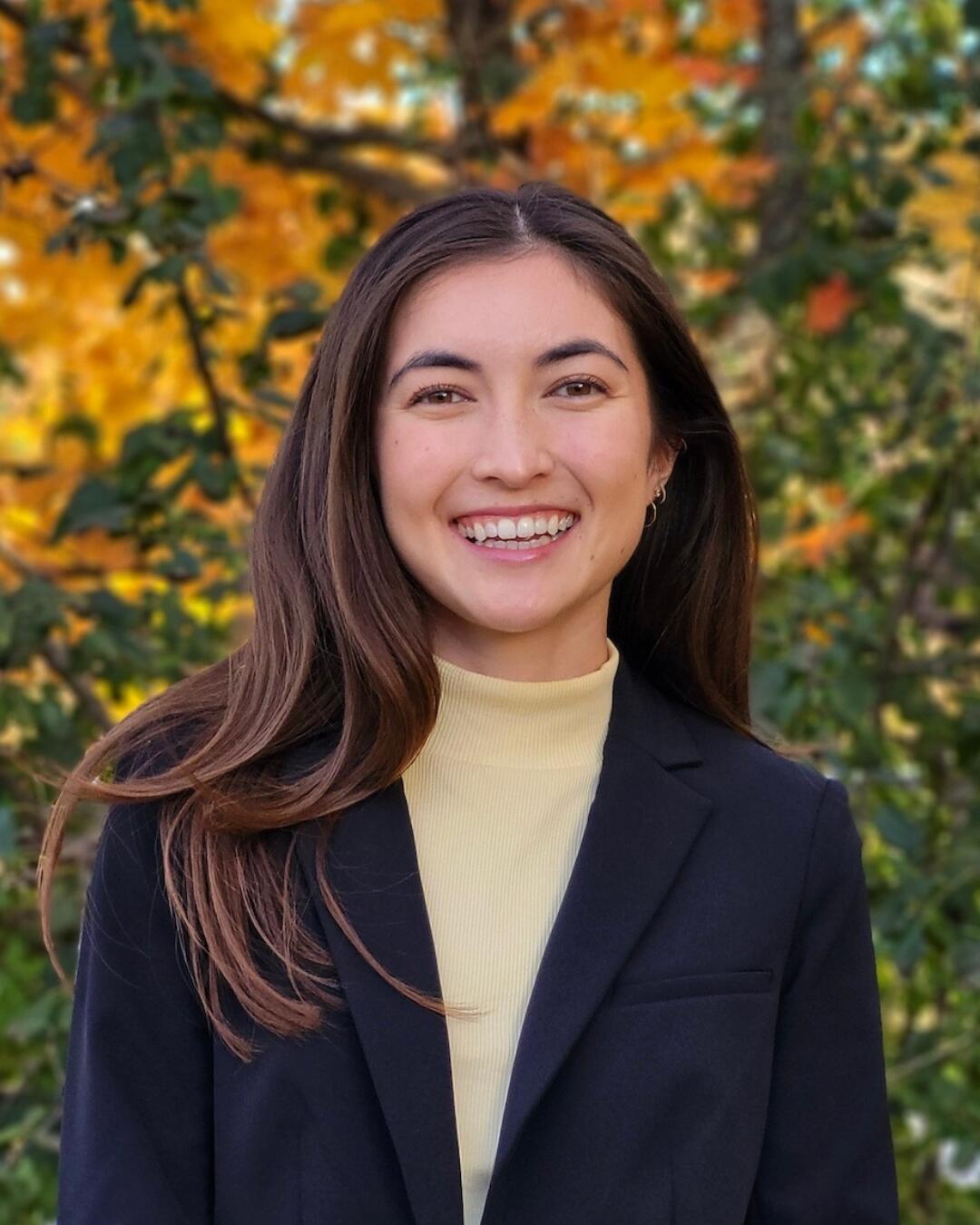
Dr. Hannah Lee
Administrative Lead Resident

Dr. Pamela Veale
Assistant Program Director Academic Support
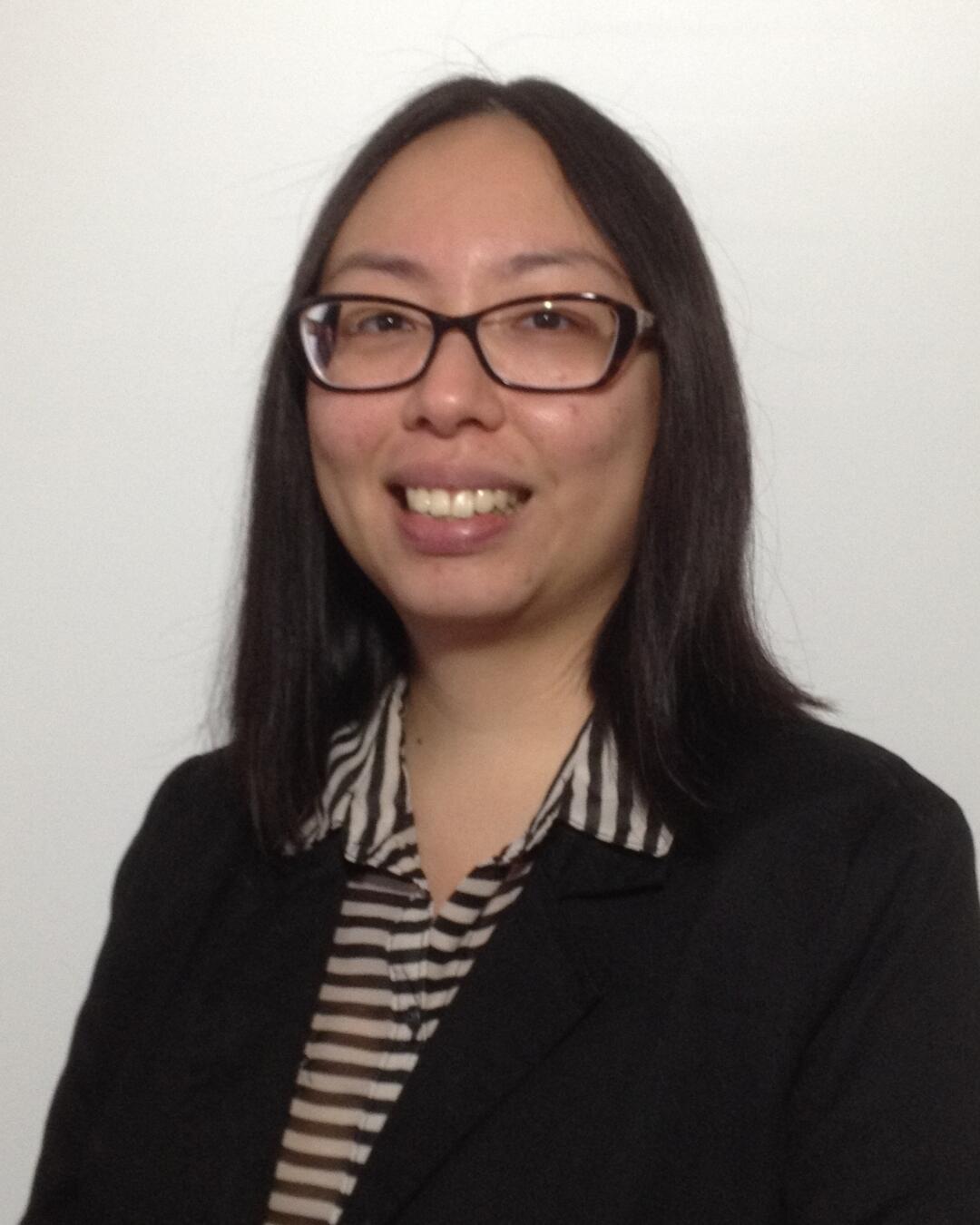
Dr. Siobhan Wong
Education Chief Resident

